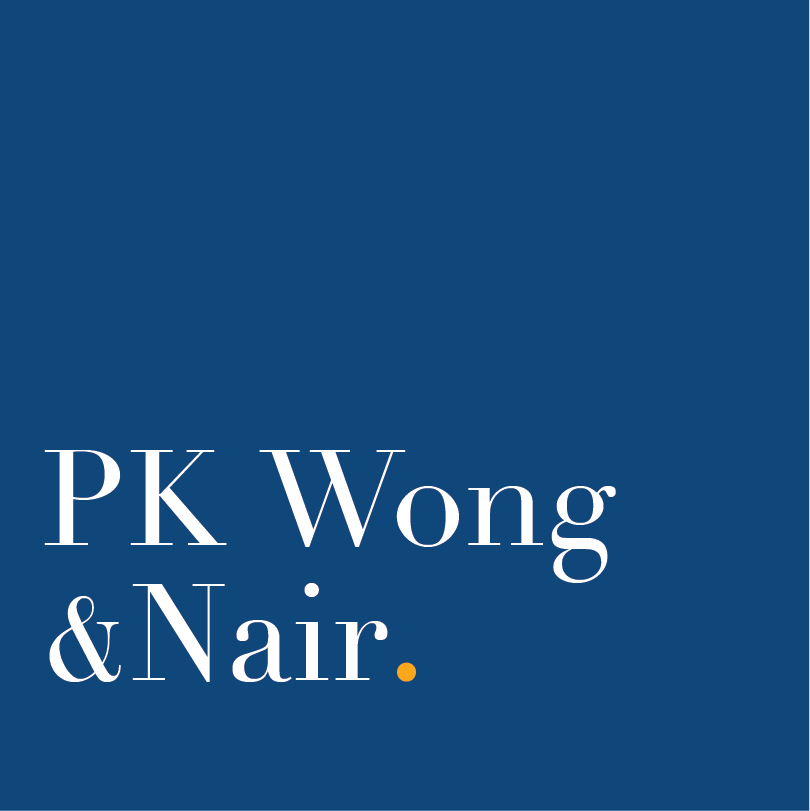On 27 August, the Ministry of Manpower (MOM) announced that they would be tightening the salary requirements for Employment Passes (EP) and S Passes.
Employment Passes
The minimum qualifying salary for EP will be raised from S$3,900 to S$4,500 for all new applicants. In an unprecedented move, the MOM is also introducing a higher qualifying salary for EP candidates in the Financial Services sector. The new qualifying salary for EP candidates in this sector shall be raised to S$5,000. The change to the Financial Services sector reflect and are intended to complement the Monetary Authority of Singapore’s (MAS) efforts to encourage and support financial institutions in developing a strong local pipeline of talent. Qualifying salaries for older and more experienced EP candidates across all sectors will also be raised correspondingly, with those in their 40s needing to meet around double the minimum qualifying salary for the youngest EP applicants.
These changes shall take effect from 1 September 2020, and for EP renewal applicants these salary levels shall take effect from 1 May 2021.
S Passes
For S Passes, the minimum qualifying salary will be raised from S$2,400 to S$2,500. In addition to this, the Fair Consideration Framework job advertising requirement shall be extended to apply to S Pass applications. These changes shall take effect from 1 October 2020, and to renewal applicants from 1 May 2021. There presently no further changes to levies and quotas for S Passes.
Given the effect the Covid-19 pandemic has had on unemployment rates, the MOM is moving to facilitate and push employers to consider hiring from our local workforce before employing foreign talents. The Ministry has further indicated that employers whose PMET workforce suggest a “bias” against locals shall be put on the Watchlist, which can cripple a company whose operations may rely heavily on foreign talent.
While the rising rate of unemployment in Singapore is and will remain a great cause for concern for the foreseeable future and beyond, it will be interesting to see the long term impacts of this policy change once global travel has reopened and whether it acts as a successful nudge to employers to hire local instead of foreign.
For more information, feel free to contact Jennifer Chih or Hannah Heng.

